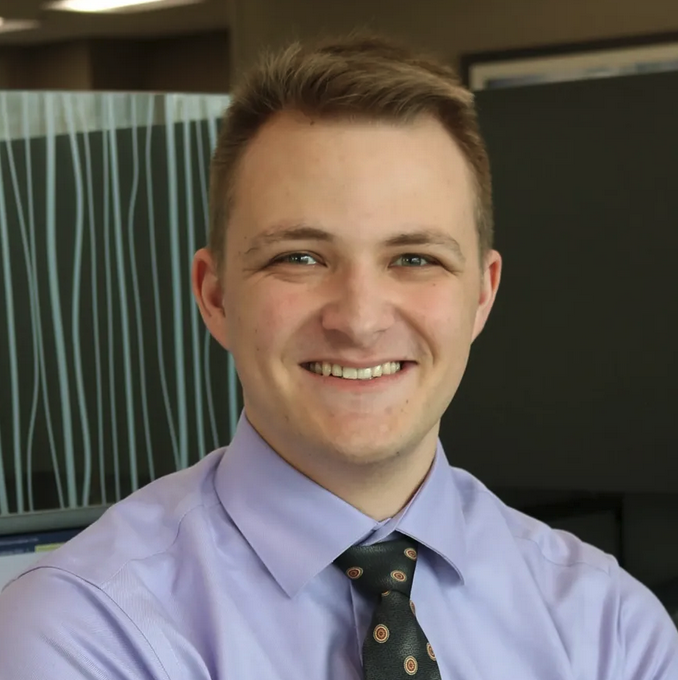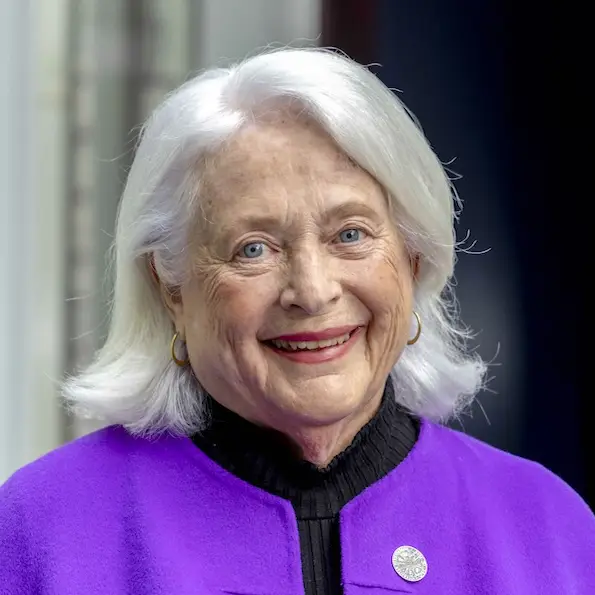District details
Weitz won the seat in 2018, ousting incumbent and former U.S. Rep Hal Daub. Prior to serving on the board, she worked at the UNO Grace Abbott School of Social Work. UNO’s College of Public Affairs and Community Service recognized Weitz as an “outstanding teacher” and an “outstanding alumni.” She says she’s running for office because she believes there is more work to be done to make tuition affordable and relieve student debt. She wants voters to know she’s a teacher and social worker first and foremost.
Through the Weitz Family Foundation, Weitz and her husband have donated upward of $25 million to the University of Nebraska. Weitz has also donated to Nebraska campaigns opposing private school vouchers and supporting abortion rights.
Mellender, 29, believes the board needs more millennials’ perspective. He says he’s running for office to represent younger generations and ensure taxpayer dollars are properly stewarded. He currently oversees the use of technology and data as the business systems and analytics manager at Omaha’s Henry Doorly Zoo and Aquarium. In addition, he speaks internationally on data and technology within nonprofits and serves on the Nebraska Information Technology Commission — which he said has helped him gain insight on the use of technology in higher education.
On the issues
Weitz, 76, says she wants to control student debt, identify new revenue streams and retain the best and brightest students and faculty. She also wants to free students to pursue their passions. She supports “creation of an open-source data network that focuses on specific subject matters to provide pathways for young people to identify what is available to them …” She told the Flatwater Free Press tuition raises at University of Nebraska campuses remain likely but wants to keep raises around 3%.
Mellender’s priorities include stopping the brain drain and ensuring attractive in-state tuition, accountability, transparency and fiscal responsibility. To help NU’s budget, he said he would “cut out bloated spending, duplicative costs and inefficiencies.” He said affordable tuition and investing in research will be his priorities during budget cut discussions.
Both said they would support additional research regarding the consolidation of all four NU campuses. But Weitz said “each of our campuses has developed a culture that represents the students, faculty, and the general public in their community. I have not yet heard a good argument to combine the campuses.”
Mellender told the Flatwater Free Press that consolidating the campuses could be the way to balance the budget and combining administrative support could have an astronomical financial impact.
Mellender also said he would support exploring the possible consolidation of the University of Nebraska-Lincoln – the system’s flagship campus – with the University of Nebraska Medical Center and the Office of the President. He believes it would be an effective way to regain its prestigious membership into the Association of American Universities.
Weitz also said she was open to exploring consolidation and said the board is currently looking at a variety of models to find a solution that would be best for Nebraska. Thus far though, she hasn’t “yet heard a good argument to combine the campuses.”
Location
The district includes central Omaha, west Omaha and most of the city’s western suburbs. It stretches west from Omaha’s 72nd Street to the city of Valley and Douglas County’s western border.
In the primary
Weitz received nearly twice the amount of votes as Mellender — earning about 24,000 to his approximate 12,500.


